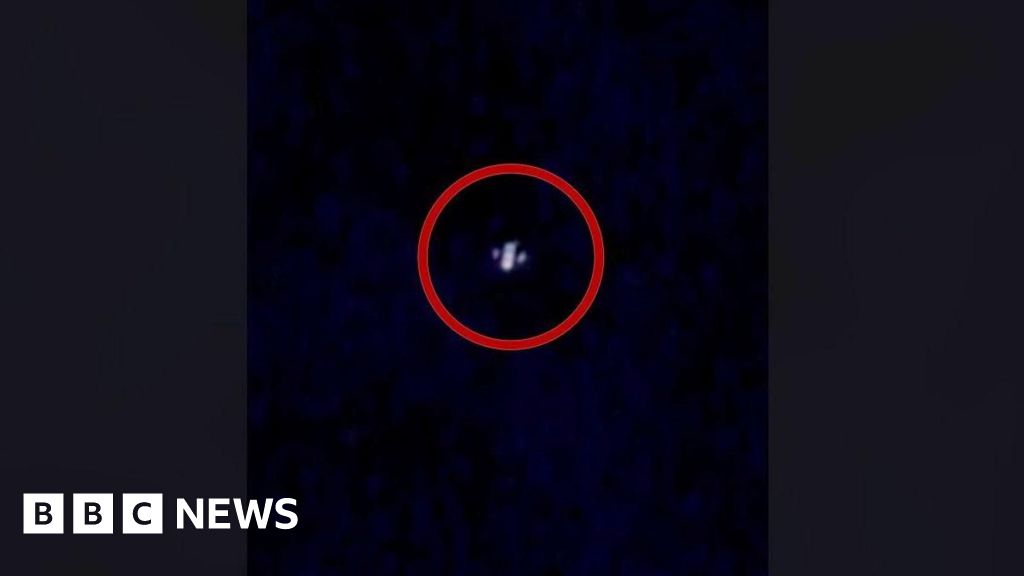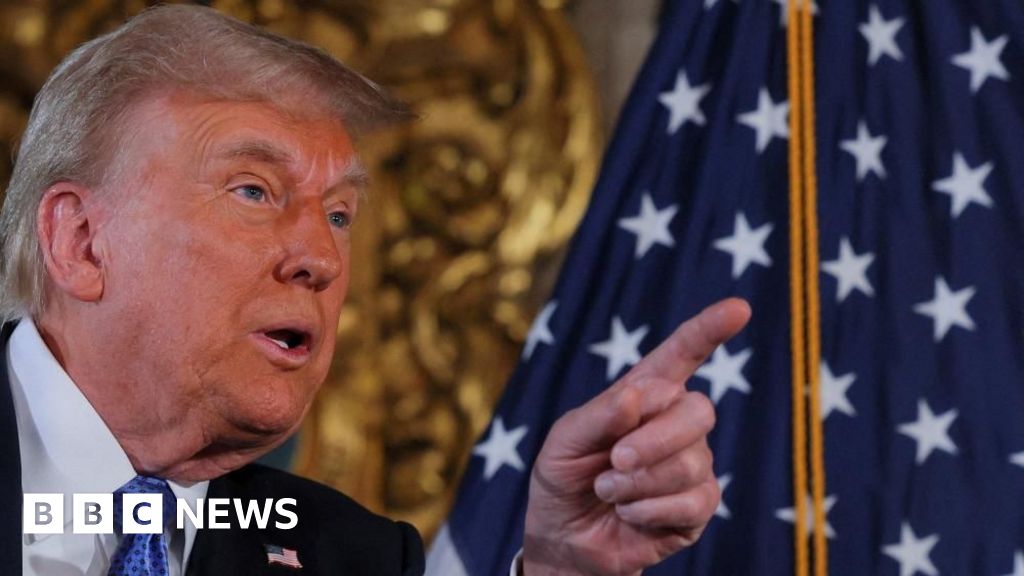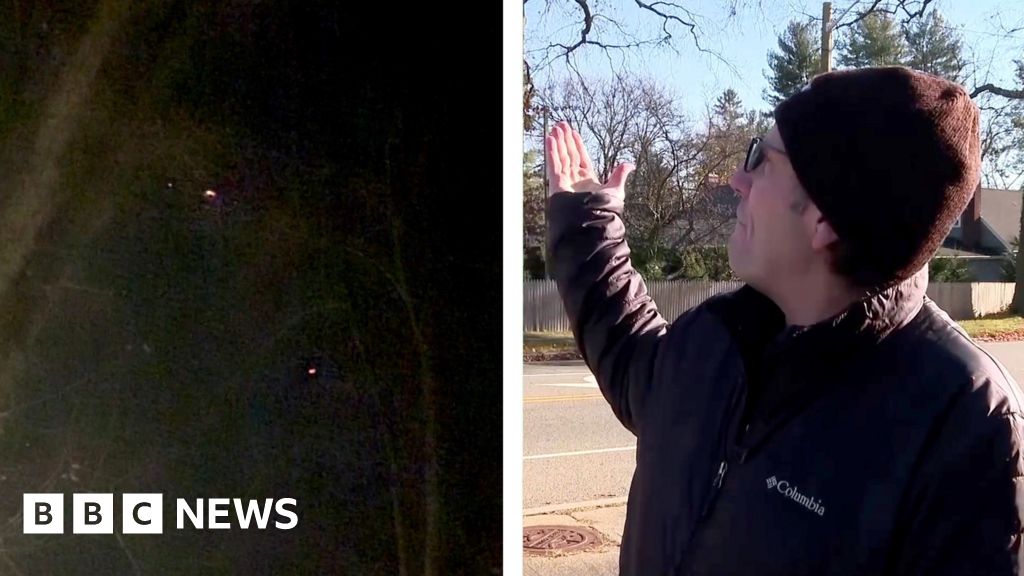ARTICLE AD BOX
Marcellus Williams was executed on Tuesday night in the US state of Missouri after spending more than two decades on death row.
Williams, who had two previous executions stayed, maintained he was innocent in the 1998 fatal stabbing of Felicia Gayle in a St Louis suburb, and a wide swath of people had opposed his death sentence.
An attorney representing Williams argued there was racial discrimination in selecting jurors and that DNA evidence in the case was mishandled.
Williams was denied a last-minute reprieve from the US Supreme Court, after Missouri's top court and governor rejected his clemency requests early this week.
In a rare move, the three liberal justices on the US Supreme Court - Sonia Sotomayor, Elena Kagan, and Ketanji Brown Jackson - said on Tuesday they disagreed with the conservative majority and would have granted a stay. They did not give a reason.
At his trial, prosecutors said Williams broke into Ms Gayle's home in August 1998 and stabbed her 43 times with a large butcher knife before stealing her purse and her husband's laptop.
Ms Gayle was a social worker and former reporter at the St Louis Post-Dispatch.
Lawyers for Williams had said there were concerns over the handling of his case, arguing black jurors were wrongly excluded from his trial.
They also said there was no forensic evidence linking Williams to the crime scene and that the murder weapon had been mishandled, raising questions over DNA evidence.
The trial prosecutor has said he followed procedure at the time by touching the murder weapon without gloves after it was tested in a crime lab.
Williams had requested clemency from Missouri's Republican governor, Mike Parson, which was denied.
"Capital punishment cases are some of the hardest issues we have to address in the governor's Office, but when it comes down to it, I follow the law and trust the integrity of our judicial system," Parson said in a statement on Monday.
"Mr Williams has exhausted due process and every judicial avenue, including over 15 hearings attempting to argue his innocence and overturn his conviction."
Many people, including British billionaire Richard Branson, campaigned against the execution, the third in Missouri this year.
The victim's family had supported a life sentence instead of the death penalty, while local prosecutors had pressed to have the conviction overturned.
His execution had been stayed twice - once in 2017 and once in 2015 - due to the discovery of male DNA on the murder weapon that did not match Williams.
The state's then-governor, Eric Greitens, a Republican, formed a panel to examine the case after granting the second stay, but he then left office amid a scandal and the panel never formed a conclusion.
Also concerned about the DNA, the local prosecuting attorney, Wesley Bell, requested a hearing.
But at that point it was discovered that the DNA evidence was spoiled from someone in the prosecutor's office touching the knife without gloves, and the hearing was cancelled.
Midwest Innocence Project, a legal group whose attorneys represented Williams, worked to reach an agreement with the prosecutor's office that Williams would enter a no-contest plea to first-degree murder in exchange for life in prison.
But the Missouri Supreme Court blocked the agreement and ruled the death sentence would stand.
Tricia Rojo Bushnell, executive director of the Midwest Innocence Project and an attorney representing Williams, told BBC's news partner CBS prior to the execution that the state "is poised to execute an innocent man, an outcome that calls into question the legitimacy of the entire criminal justice system".

 2 months ago
13
2 months ago
13








 English (US) ·
English (US) ·